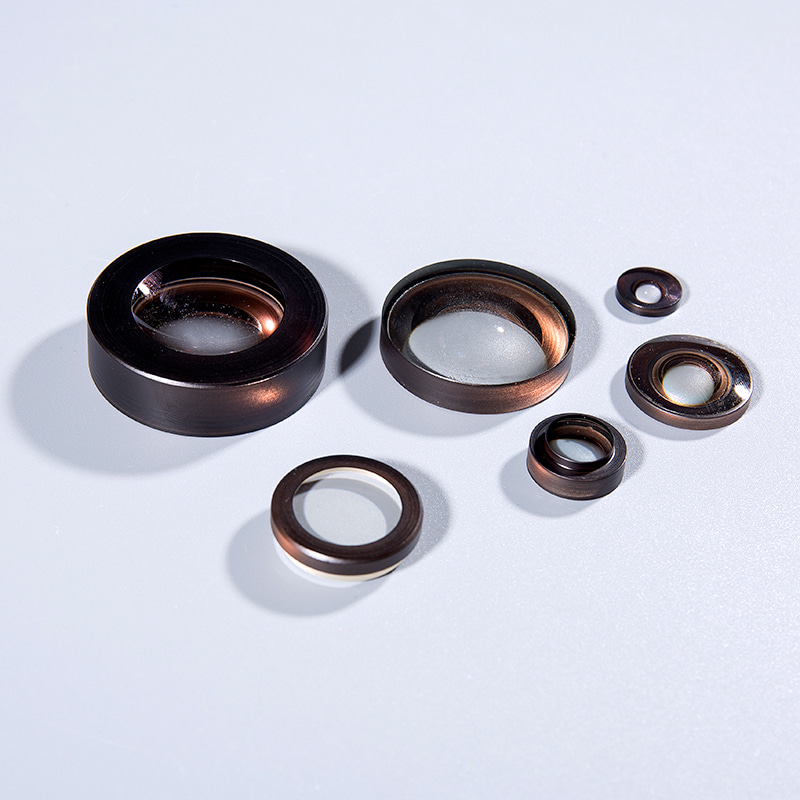The reflective coating on an optical spherical mirror plays a crucial role in determining the mirror's effectiveness and performance. Here are the key functions of this coating:
Enhancing Reflectivity: The primary function of the reflective coating is to enhance the mirror's reflectivity. Most spherical mirrors are made from materials like glass or plastic, which by themselves do not reflect light very well. The reflective coating, typically made of metals like aluminum or silver, significantly increases the amount of light that is reflected off the surface. This is essential for applications such as telescopes, lasers, and other optical devices, where maximum light reflection is needed to produce clear images.
Controlling Wavelength Response: Different materials and thicknesses of coatings can alter the mirror's performance at various wavelengths of light. For example, certain coatings can be designed to reflect specific wavelengths more effectively, allowing for applications in spectroscopy or other optical systems that need to isolate certain colors of light.

Minimizing Absorption and Scattering: A good reflective coating minimizes light absorption and scattering. This is important because any absorption of light can lead to energy loss, which diminishes the brightness of the image and can generate unwanted heat. A high-quality coating will reflect a large portion of the incident light while absorbing very little.
Protecting the Substrate: The reflective coating also serves a protective function for the substrate material of the mirror. For instance, the coating can help prevent scratches, corrosion, and other forms of degradation that could arise from environmental exposure. This protection extends the lifespan of the mirror and maintains its optical performance over time.
Improving Durability: Many reflective coatings are treated or designed to be more durable, allowing them to withstand harsh conditions. This is particularly important for mirrors used in outdoor applications or in industrial settings where they may be exposed to dust, moisture, and other potential damaging factors.
The reflective coating on an optical spherical mirror is essential for optimizing reflectivity, controlling wavelength response, minimizing absorption and scattering, protecting the substrate, and enhancing durability. These factors collectively contribute to the overall effectiveness of the mirror in various optical applications.

 English
English 日本語
日本語 русский
русский Español
Español Deutsch
Deutsch 中文简体
中文简体










 苏公网安备32041102000130号
苏公网安备32041102000130号